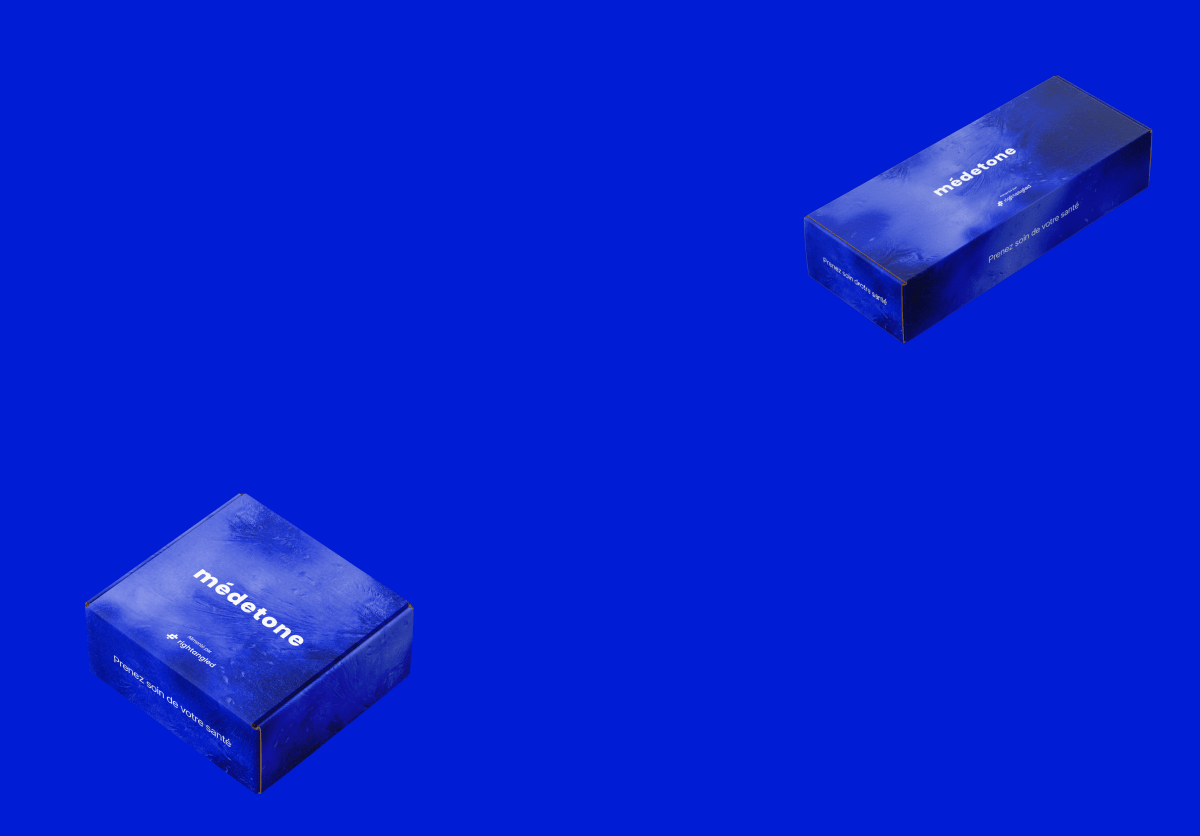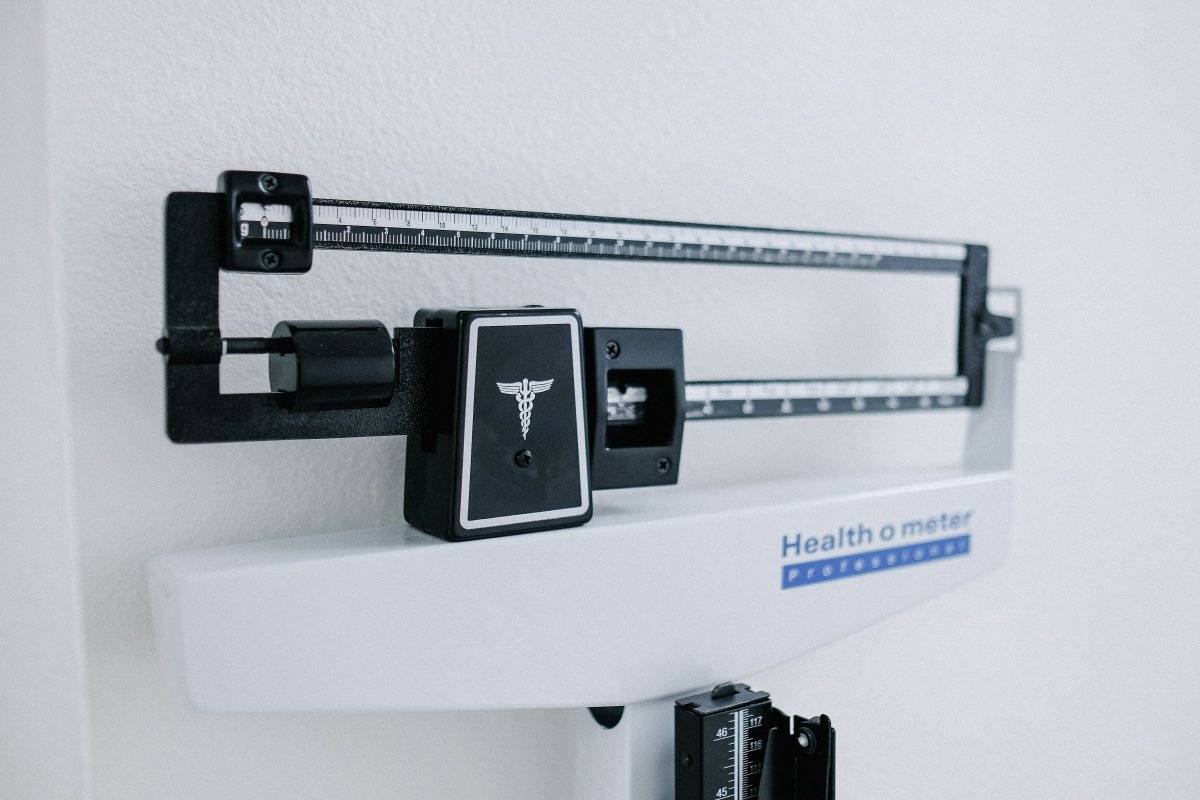Prescription treatments developed to support weight management are attracting growing attention for their effects beyond appetite regulation. Early research indicates these therapies may also play a role in reducing alcohol intake for some individuals. While this area is still under investigation, these findings could have future implications for public health.
Unexpected Outcomes of Weight Management Therapies
Originally licensed for the management of conditions such as type 2 diabetes or obesity, certain prescription medications work by mimicking naturally occurring hormones that influence appetite regulation in the brain. Researchers are now studying how these medications may also have an effect on behaviours linked to cravings, including alcohol consumption.
One recent study followed over 260 adults prescribed these treatments as part of a weight management programme. Among participants who regularly consumed alcohol, many reported a notable reduction in weekly intake after several months of treatment. These self-reported changes, while encouraging, require further investigation in larger, controlled studies.
What’s the Link Between Cravings and Weight Management Treatments?
It is currently hypothesised that these medications may influence subcortical regions of the brain involved in craving and reward. Some participants in early trials described a reduction in alcohol cravings as "effortless", suggesting these effects may occur without conscious effort. Researchers believe these therapies could interact with dopamine pathways, the brain’s mechanism for reward processing, potentially making alcohol feel less appealing over time.
Additionally, these treatments are known to slow gastric emptying, which may contribute to a slower absorption of alcohol and a reduced intensity of its effects.
Early Data, Ongoing Questions
These findings are of interest given the well-documented impact of alcohol on public health. Excessive alcohol consumption remains a major cause of preventable harm. If licensed weight management treatments are eventually shown to support reduced alcohol consumption in some individuals, this could represent a meaningful area of clinical research.
However, it's important to emphasise that current studies are in early stages. The data is based on self-reporting and lacks control groups, and a number of participants did not complete the trials. At present, these therapies are not licensed or approved for the treatment of alcohol use disorder, and their potential benefits in this area remain theoretical.
Final Thoughts
If you are exploring support for weight management and have questions about how treatments might affect other aspects of your lifestyle (including alcohol use), it is important to speak to a qualified healthcare professional. Any treatment plan should be tailored to your individual health needs and goals, with full clinical oversight.
References
-
Le Roux, C. (2025). Weight-loss drugs cut alcohol intake by almost two-thirds, research in Ireland suggests. Medical Xpress. Link
-
Musto, J. (2025). Weight loss drugs could give you more control over your drinking. NewFood Magazine. Link
-
O’Farrell, M., et al. (2025). Glucagon-like peptide‑1 analogues reduce alcohol intake. Diabetes, Obesity and Metabolism, 27(3), 1601–1604. Link





يشارك:
Realistic Weight Loss Expectations in 90 Days: What You Can Achieve by End of Summer
The Future of Weight Loss: What Researchers Are Working on Right Now